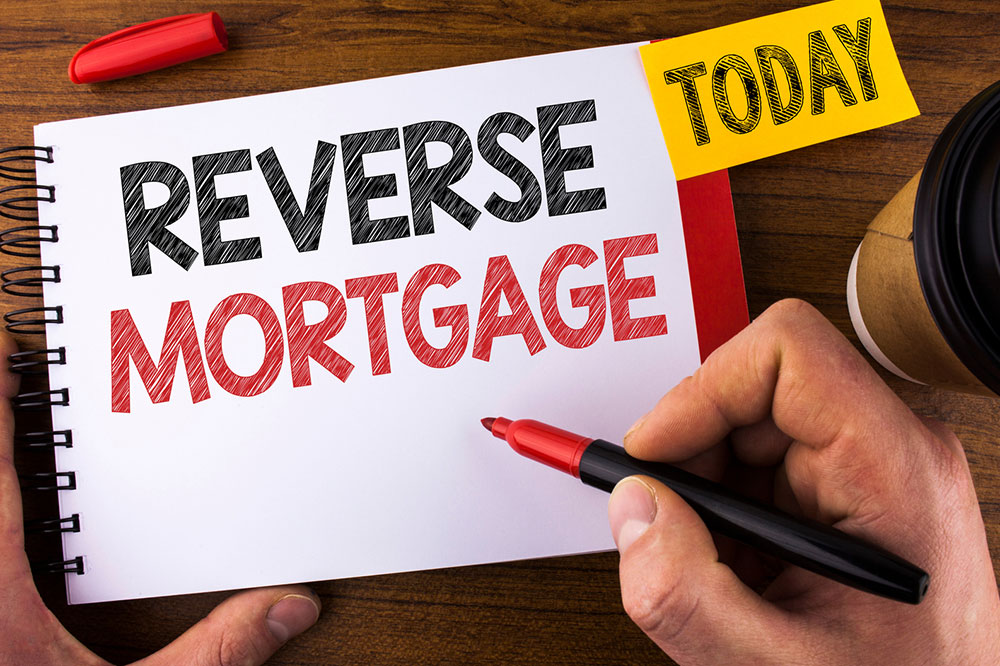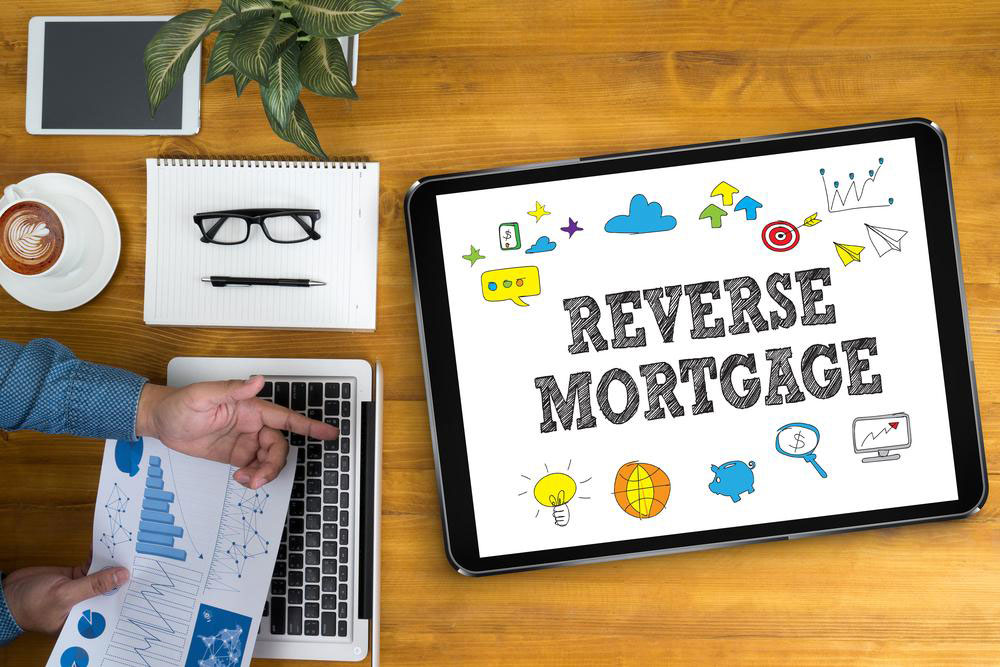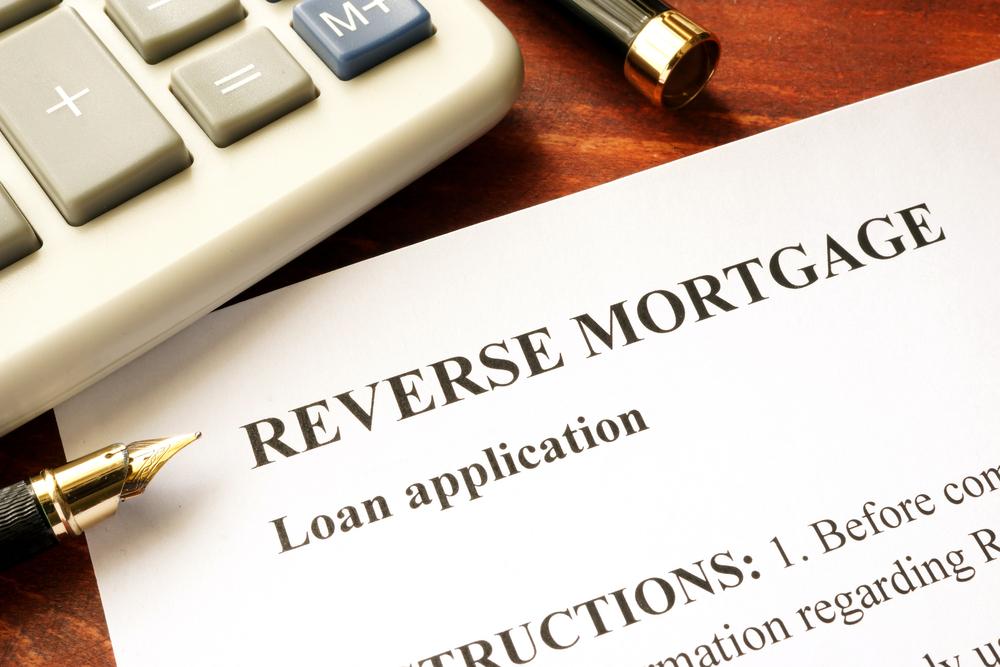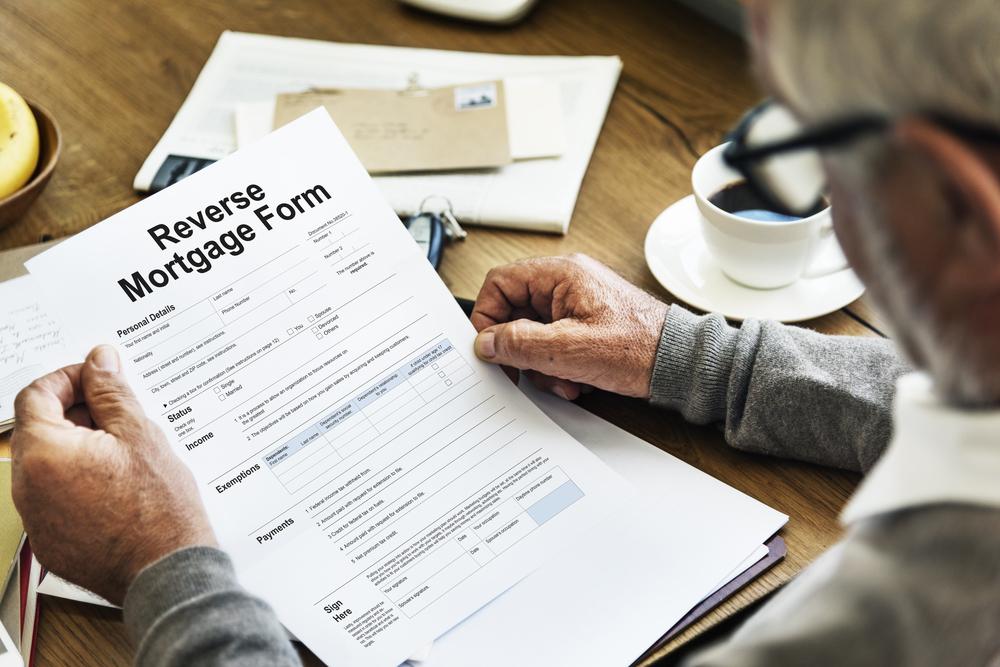Comprehensive Overview of Reverse Mortgages: How to Calculate and Use Them Effectively
This comprehensive guide explores reverse mortgages, detailing how they work, key terms involved, and how to accurately calculate costs and benefits. It emphasizes understanding home equity, costs, and using online calculators to make informed financial decisions. Ideal for homeowners looking to unlock their property’s value, this article provides practical insights into leveraging reverse mortgage options for improved financial stability and planning.

Comprehensive Overview of Reverse Mortgages: How to Calculate and Use Them Effectively
Deciding to leverage your home’s equity through a reverse mortgage is a pivotal financial choice that can significantly impact your financial stability and lifestyle. Reverse mortgages have gained popularity among seniors and homeowners looking to unlock the value of their property without having to sell or take traditional loans. This financial product allows homeowners to convert part of their home’s equity into cash, providing a flexible financial resource for various needs such as medical expenses, home renovations, or supplementing retirement income.
Unlike conventional loans where you borrow money and repay it over time, reverse mortgages function differently. Instead of making monthly payments to a lender, the lender makes payments to you, effectively turning your home’s equity into accessible cash. This can be structured as a lump sum, monthly payments, or a line of credit depending on your preference and the specific product chosen.
Understanding key terminologies related to reverse mortgages can help you make an informed decision. Here are some critical terms to familiarize yourself with:
Home Equity: This is the difference between the current market value of your property and any outstanding mortgage or liens. For instance, if your home is valued at $1,000,000 and you owe $200,000 on your mortgage, your home equity equals $800,000. This value is the basis for all reverse mortgage calculations and decisions.
Equity Loan: This is a loan that allows you to borrow against the value of your home’s equity, usually for specific purposes like home improvements or debt consolidation. In the context of reverse mortgages, the maximum loan amount is generally determined based on your available home equity after accounting for other liens or mortgages.
Reverse Mortgage: A financial agreement where a homeowner receives payments or a line of credit from a lender in exchange for a portion of their home’s equity. The borrower retains ownership of the home, but the lender takes on the risk, and the debt is managed differently than traditional loans. The repayment is typically deferred until the homeowner moves out, sells the house, or passes away.
One of the most critical aspects of reverse mortgages is understanding the associated costs. Calculating these costs accurately ensures that you have a clear picture of your financial future. The main expenses typically include mortgage insurance premiums, origination fees, appraisal costs, title insurance, and closing costs. These charges vary depending on the lender, the loan amount, and the specific product chosen.
To help consumers navigate these calculations, reverse mortgage calculators serve as valuable tools. These online platforms enable you to estimate the amount you may qualify for based on your home’s value, age, and current interest rates. They also allow you to track remaining home equity over time, plan for future financial needs, and assess how different loan structures affect your overall finances.
Using these calculators can help you make informed decisions by providing a clearer understanding of potential payouts, costs, and how your home’s equity can be utilized effectively. Additionally, consulting with financial advisors or housing counselors certified in reverse mortgage options can further enhance your understanding and help tailor the best solution for your individual circumstances.
In summary, reverse mortgages offer a strategic way to access your home’s equity without selling your property. By comprehending key terms, understanding the costs involved, and leveraging calculation tools, you can make well-informed choices that align with your financial goals and lifestyle needs. Whether aiming to cover medical expenses, upgrade your home, or boost retirement income, reverse mortgages can be a valuable part of a comprehensive financial plan—if used carefully and knowledgeably.





